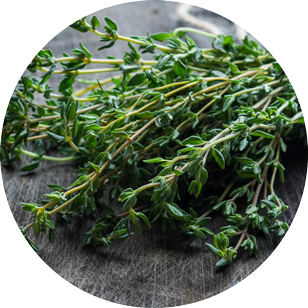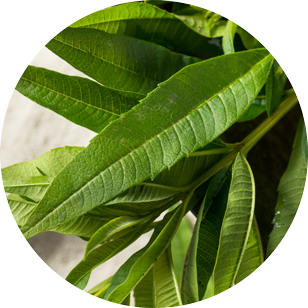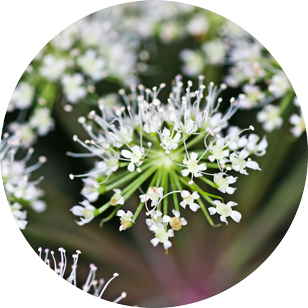The History
13th Century
When the first brandy, also very aptly called eau de vie (water of life - thought to bring immortality to the drinker), was made, starting out as a simple spirit mixed with sugar. Very quickly, especially in the Haute Provence, these liqueurs came to be flavored with mountain herbs: genepi, hyssop, wild thyme, etc.
1898
Farigoule dates back to the late 19th century and it is considered one of the oldest, and most typical, liqueurs made by Distilleries et Domaines de Provence
Many families used to make their own using the thyme harvest and marc eau de vie. Farigoule is a direct descendant of this tradition.
It is a traditional Provençal liqueur. Thyme is the trademark ingredient in the Provençal cuisine and has long been known for its medicinal properties. One of the many being its ability to stimulate the appetite, disinfecting the digestive tract and being a soothing remedy for digestive problems.






